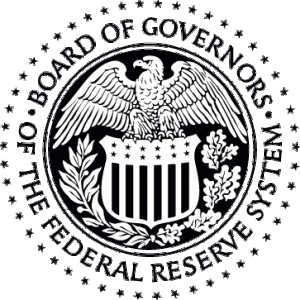
What to Do When an Activist Comes Knocking
The following comes to us from Charles M. Nathan, Partner and Head of Corporate Governance Practice at RLM Finsbury.
Activist investors are currently the darlings of the equity markets and the financial media. Many of the leading activist investors …
 Sky Blog
Sky Blog









